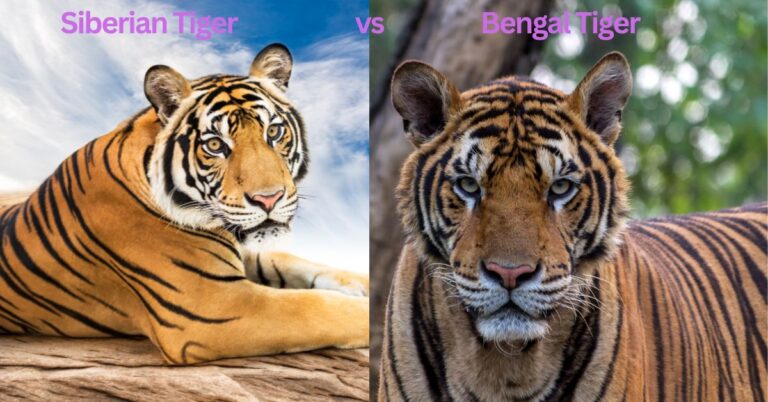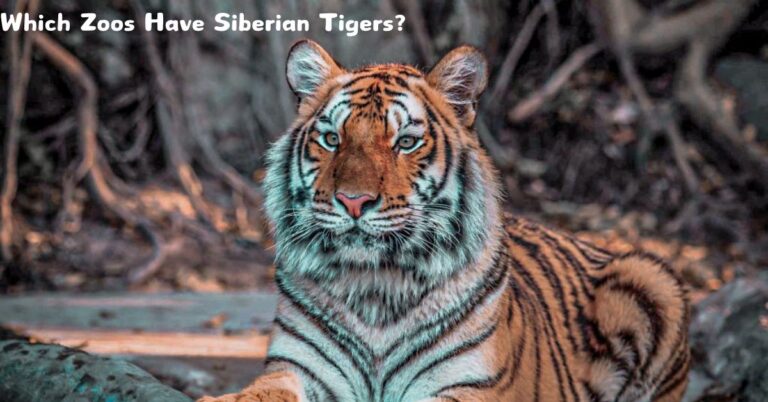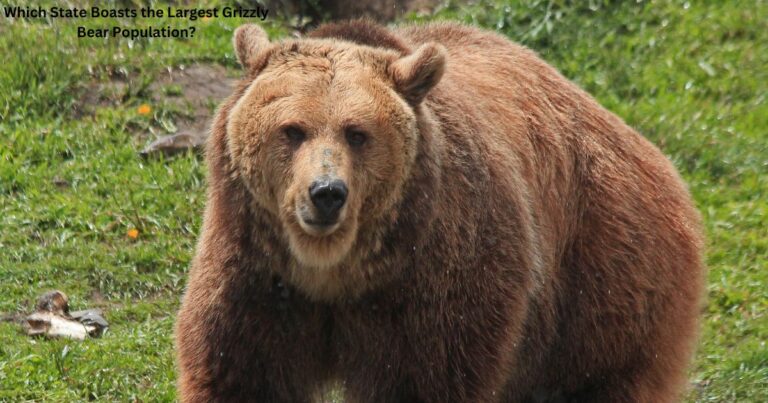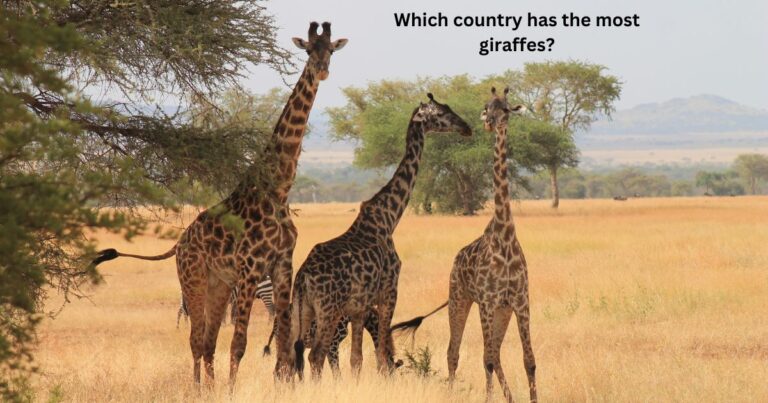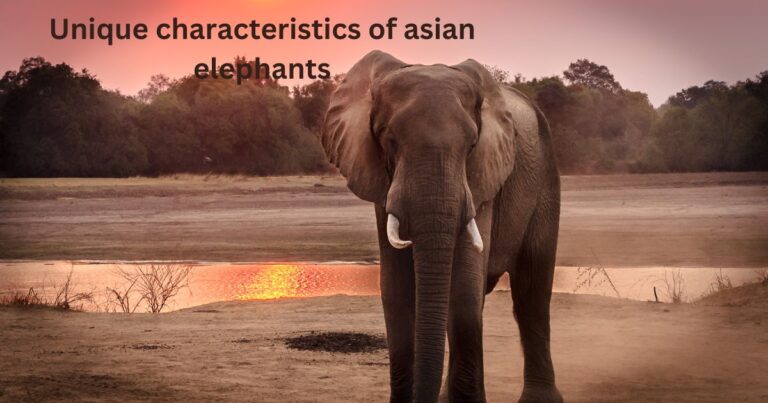
Do Bears Eat Tigers?
When thinking about powerful predators in the animal kingdom, bears and tigers often come to mind. These two mighty creatures are awe-inspiring, in their respective habitats. However, one intriguing question arises: do bears eat tigers? In this article, we will explore the relationship between tigers, habitats, behaviors, and whether or not a bear would ever eat a tiger. By the end of the comprehensive guide, you have a clear understanding of the fascinating topic.
Comparison of Bears and Tigers
| Feature | Bears | Tigers |
|---|---|---|
| Habitat | North America, Europe, Asia | Asia |
| Diet | Omnivores: plants, fruits, insects, mammals | Carnivores: large ungulates |
| Physical Strength | Strong with powerful limbs | Agile with strong jaws and claws |
| Predatory Behavior | Opportunistic feeders | Skilled solitary hunters |
| Conservation Status | Varies by species (some endangered, others not) | Endangered |
Introduction
To start, it’s important to understand the basic characteristics of both bears and tigers. Bears are large mammals found in North America, Europe, Asia, known for their strength omnivorous diet. Tigers, on the other hand, largest cats, native prowess as apex predators. Given the powerful status of the animal kingdom, the question “do bears eat tigers?” is indeed an interesting one.
Understanding Bear and Tiger Habitats
Where Do Bears Live?
Bears are distributed across various regions of the world, primarily in North America, Europe, and Asia. They inhabit forests, mountains, arctic tundras. Some common bear species include:
Grizzly Bears
Found in North America, particularly Alaska and Western Canada.
Polar Native to the Arctic Circle, encompassing Ocean, its surrounding seas, landmasses.
Asian Black forests mountainous regions of Asia, including the Himalayas, Japan.
Where Do Tigers Live?
Tigers are primarily found in Asia, with their populations spread across different countries including India, Russia, China, and Southeast Asia. Key habitats include:
Bengal Tigers
Predominantly India Bangladesh.
Siberian Also known as Amur tigers, they live in the far eastern part of Russia parts of China.
Indochinese Found forests, Asia.
Diet and Predatory Behavior
What Do Bears Eat?
Bears are omnivores, meaning they eat both plants and animals. Their diet can vary significantly depending on the specie’s availability of food in their habitat. For example:
Grizzly Bears
They a wide range of food, from berries, nuts, roots to fish (especially salmon), small mammals, carrion.
Polar primarily seals, using a powerful sense of smell, locate prey.
Asian Black consists mainly fruit, insects, birds.
What Do Tigers Eat?
Tigers are obligate carnivores, meaning their diet consists almost entirely of meat. They solitary hunters and rely on stealth power to catch prey. Common prey for tigers includes:
Deer
Such as sambar, chital, muntjac.
Wild Boar
A significant part in many regions.
Buffalo Gaur
Large that requires immense strength strategy to take down.
Do Bears and Tigers Encounter Each Other?
Given the geographical distribution and habitats of bears tigers, encounters between two are rare but not impossible. For example, in parts of Russia in China, Siberian tigers brown overlap. However, both animals tend to avoid each other due to risk injury preference for hunting more accessible prey.
Encounters in the Wild
In the rare instances where bears and tigers do encounter each other, the outcome depends on various factors such as size, age, health of animals involved. Typically, both will avoid a direct confrontation. However, if conflict does arise, it can be dangerous for both.
Do Bears Eat Tigers?
The primary keyword for our article is “do bears eat tigers.” To address this question directly: under normal circumstances, do not tigers. Both animals are apex predators in their respective environments, and they have evolved to hunt different types of prey. Energy expenditure risk involved hunting such formidable opponents make it impractical for either species to consider the other as a regular part of diet.
Factors Influencing Predator-Prey Dynamics
Several factors influence the dynamics between predators like bears and tigers, including:
Territorial Behavior
Both animals have large territories, typically do not overlap significantly.
Dietary Preferences
Bears prefer an omnivorous diet, while tigers are obligate carnivores.
Risk of Injury
Engaging with another apex predator is risky, can result in serious injury or death, making it an undesirable option for both.
FAQs for Do Bears Eat Tigers?
Do bears and tigers live in the same habitat?
Bears can share overlapping habitats in some regions, particularly parts of Russia to China. However, they usually avoid each other due to their territorial nature.
Are there any recorded instances of bears attacking tigers?
There are few direct confrontations between tigers, such events extremely rare. Typically, both animals prefer conflict.
In conclusion, the question “do bears eat tigers” can be answered with a firm no. While both and tigers are powerful, fearsome predators, they generally avoid each other in the wild. Their differing diets, habitats, behavioral patterns mean that do not consider as prey. This ensures balance in their respective ecosystems, where species thrive without direct conflict.


